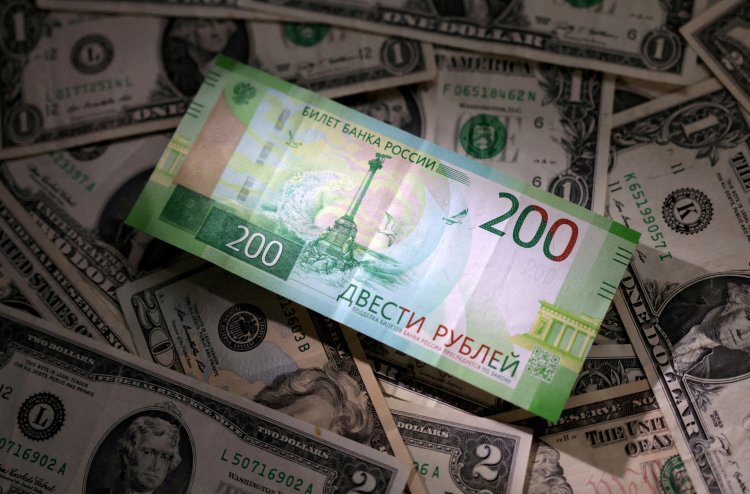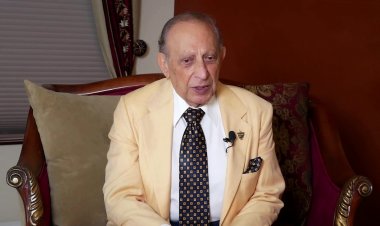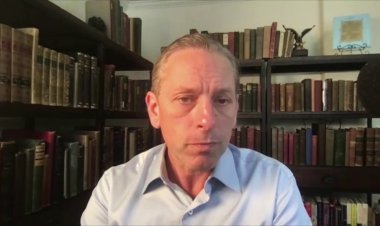Russian rouble stabilizes after sharp decline

The Russian rouble has stabilized following recent volatility that saw it drop to its lowest levels since March 2022, prompting intervention from Russian authorities. The central bank's decision to halt foreign currency purchases has helped steady the currency, which had experienced a dramatic 7% slide against the US dollar, reaching approximately 115 roubles to the dollar.
President Vladimir Putin, speaking at a summit in Astana, Kazakhstan, attempted to reassure markets by stating there was no cause for panic, attributing the currency's fluctuations to routine budget payments and seasonal factors. This sentiment was echoed by Economy Minister Maxim Reshetnikov, who pointed to the global strength of the dollar as the primary cause of the rouble's weakness.
While Putin acknowledged the inflation challenge, he indicated that alternative tools exist to combat price increases without further rate hikes, though he deferred to the central bank's expertise in making such decisions. The situation continues to highlight Russia's ongoing economic challenges amid international sanctions and geopolitical tensions.
However, financial analysts present a different perspective, suggesting that recent geopolitical tensions and new US sanctions on Gazprombank, a crucial institution for Russia's energy trade payments with Europe, have significantly contributed to the currency's decline. The sanctions have particularly impacted the market's access to Western currencies.
In the aftermath of Western sanctions, the yuan has become Russia's most traded foreign currency, with the rouble showing a modest 0.2% gain against the Chinese currency at 14.69. Traditional dollar and euro trading has ceased on the Moscow Stock Exchange due to international restrictions.
The currency's weakness has sparked concerns among Moscow residents about rising inflation, which is already at elevated levels. The central bank's aggressive response, including raising interest rates to 21%, has drawn criticism from the business sector struggling with high borrowing costs.















